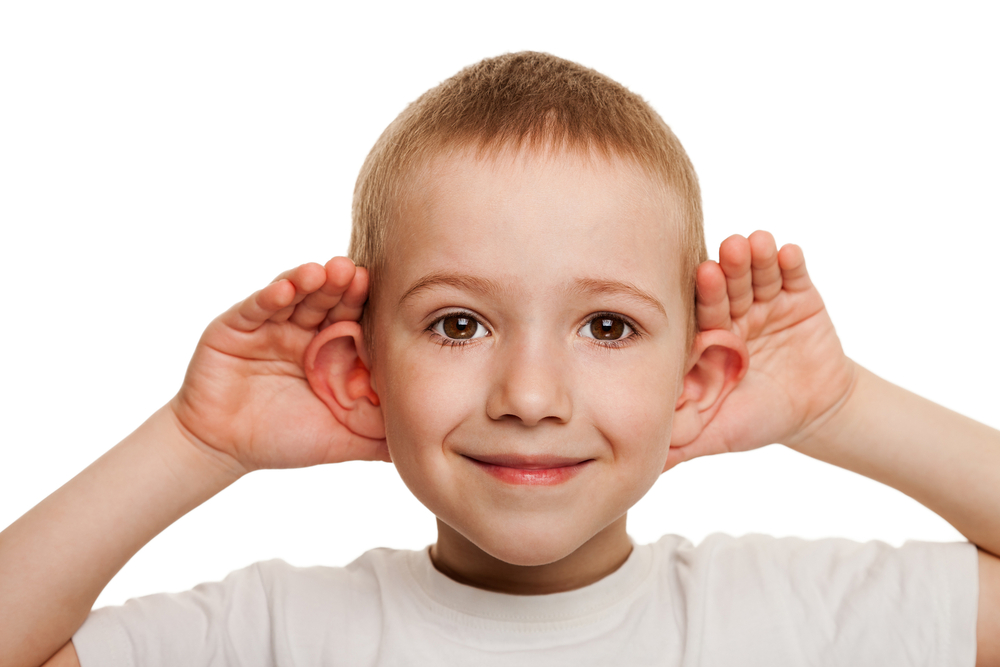
13 Dec Are you a good listener – or are you just hearing what is said?
Listening is the key to learning, understanding and communication but how well are you listening – and are you listening to the right messages?
Falling into the habit of half-listening is all too easy. Conversations when you are doing something, music that becomes background noise, thoughts that pop into your head and distract you from what’s being said.
Then what about all those times when you probably shouldn’t be listening but really can’t help it. You overhear a conversation that you just can’t stop listening to, the muffled tones of a neighbour that you just cannot shut out, or there is an annoying noise that won’t stop.
Are you a good listener?
There is an art to listening, which comes to some people more easily and naturally than others. Some people love to talk, and others love to listen. Some people do both well.
Steve Covey, author of The 7 Habits of Highly Effective People, said that most people don’t listen with the intent to understand, they listen with the intent to reply. People may look as if they are listening, nodding in all the right places, but really they are not listening to you, they are talking to themselves in their head, planning their reply and waiting for their chance to speak.
The chances are that you will start to get something off your chest, and they will plough straight in without asking if there’s more you need to say. Some people just talk, talk, talk. Often telling you what they think, or what you should do or not do.
When hearing opinions, thoughts and advice it can feel a bit like being lectured. Quite possibly you didn’t even ask for their advice or opinion, but they are giving it anyway because they didn’t really listen to the silent request you had for them to listen so that you can just get what you need to say out of your head without it being fixed, solved or judged. At times you just need to be heard.
“Most people do not listen with the intent to understand; they listen with the intent to reply.”
Stephen R. Covey

Learn to listen without interrupting
Women, in particular, need to be heard – and need to know that they have been heard. They will tell you what they need you to hear, but if you interrupt them and don’t let them finish they will start again. If you are not truly listening, they know it, and will tell you again. In fact, if you are not listening, they will keep telling you over and over until they feel heard. So, listen properly the first time.
If you have been completely present and totally listened to someone but they keep telling you their story – that means a need is not being met. That person wants sympathy, attention, a feeling of connection or significance.
This isn’t always the case, some people talk incessantly because that way you won’t be able to get a word in edgeways to give your thoughts, solutions, opinions or advice. That is because they don’t want to hear it, plain and simple. The more they transmit the less they can receive. Some people are always switched to transit but never to receive.
“When people talk, listen completely. Most people never listen.”
Ernest Hemingway
The difference between listening and hearing
There is a difference between listening and hearing. Hearing is something we do accidentally, an involuntary action that we cannot help. Listening, however, requires you to pay attention and that is a voluntary choice. To do this you have to stop listening to yourself – that little voice inside – and choose to pay attention only to the person you are listening to.
It is a huge compliment if someone recognises you as a good listener, so try it this week. Practice truly listening to the people around you and see what a difference it makes.
“The word ‘listen’ contains the same letters as the word ‘silent’.”
Alfred Brendel
Listen to your inner voice
It is not only other people you need to listen to – you also need to practice listening to yourself. This is how you will notice your instincts and feelings.
Listen to your own voice and what it is telling you about what you need to do to take care of yourself. Notice when it is telling you to recharge, or slow down, get more sleep, eat better, move more or meditate. Also notice when your thoughts are not serving you and negativity has filled your head. Then it is time to deliberately change your focus and find things to enjoy or smile about.
In seeking out distractions, be mindful about what you are hearing on the TV and in music. It is easy to tune into negative messages without even realising it. Music can be tricky when an upbeat tune is matched to negative lyrics, and you don’t even realise it. Lyrics can be surprisingly negative, and these messages will find a way into your thoughts.
“There’s a lot of difference between listening and hearing.”
G. K. Chesterton
Listen carefully to fuel positivity and choose the life you want to lead
If you are looking for a second challenge this week, then pay attention to the lyrics of the music you listen to and make a conscious choice to choose more positive lyrics to give you a subliminal lift.
What do you think – are you a good listener? Do you struggle to stay focused on conversations? Please share any tips and insights with the Back on Track Teens community via our social channels:
• Instagram
• Facebook
• Twitter
Listening is a way to learn, so open your ears, be still and be the friend people need. You will be glad of a good listener some days too.


No Comments